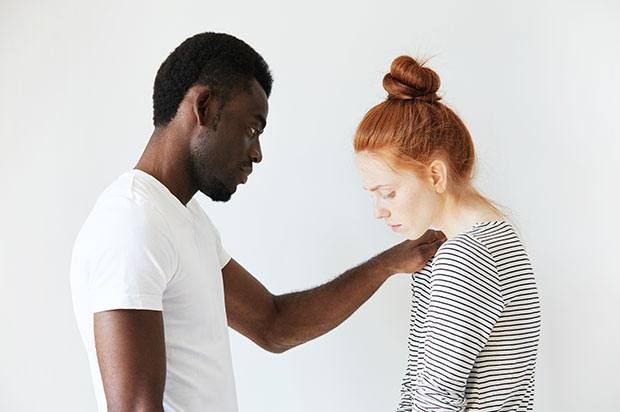World Mental Health Day 2016: Supporting people who support others with mental health
Being there for someone in their time of need is vital but it also can be very difficult – so we’ve collected some tips from The Mix which might help them and you.
Everyone goes through tough times at some point in their life and this can lead to mental health issues. At times like these, people need support from someone they trust – that person, could be you. Today, on World Mental Health Day 2016 (#WMHD16), we’re celebrating those people, communities and organisations who have been there for someone through a difficult time. Whether it’s through continued support or through mental health first aid at crisis point.
Mental health is just as important as physical health
People seek help if they’re in a lot of pain, so it’s important that they react in the same way when going through a mental health crisis. There are a number of treatments and ways to help someone with a mental health illness, just like there are medications and therapies that aid physical illness.
Supporting someone can be stressful
It can feel like there’s a lot of pressure on you when you’re helping a friend in a crisis. It’s important to remember that you’re not responsible for their actions or the way they’re feeling, but if you feel comfortable you can talk to them about the problems they’re facing and help them find the help they need. You need to make sure your own mental health isn’t suffering when you’re supporting someone with a mental health problem. The person going through the mental health issue may have told you not to tell anyone, there may be some situations where you feel you can cope with that. But, more often than not this can have a negative effect on you and them. Don’t, at any point, be afraid to share the burden with a family member, friend or your GP.
Encourage them to seek the support of mental health services
It’s good to remember that you’re not a mental health expert when you’re helping someone with a mental health problem. There are a whole host of other people who may be able to help your friend or family member more directly. They can go to their GP, contact a charity like Mind, ring our free phone line, or chat to someone 121 and we can point them in the right direction. Ask them if they already have access to a mental health service, through this they may be able to talk to crisis teams or their support worker in a particularly difficult time. If you don’t know where they should go for more support, our video on where to go for mental health help is a good place to start.
Think about it from their point of view
The thing they need the most is your kindness and understanding. Try to be as understanding as possible and see it from their perspective. Don’t bat it away as a phase: it’s very difficult for someone to admit they’re struggling so they’re unlikely to be telling you on a whim to seek attention.
If you think they’re at risk of harming themselves don’t be afraid to call for medical attention.
Thanks for being #ThereForMe
We want to say a huge thank you to all of you out there who have supported someone with a mental health problem. We recognise your kindness and compassion for others, and the person you helped does too. As today is #WMHD16 we’re championing people who were #ThereForMe. If you want to say thank you to someone that was #ThereForMe head to thereforme.org and share a photo of you with the name of the person written somewhere in the photo (we welcome creativity), but a biro and piece of paper will also do.
By
Published on 10-Oct-2016
No featured article






